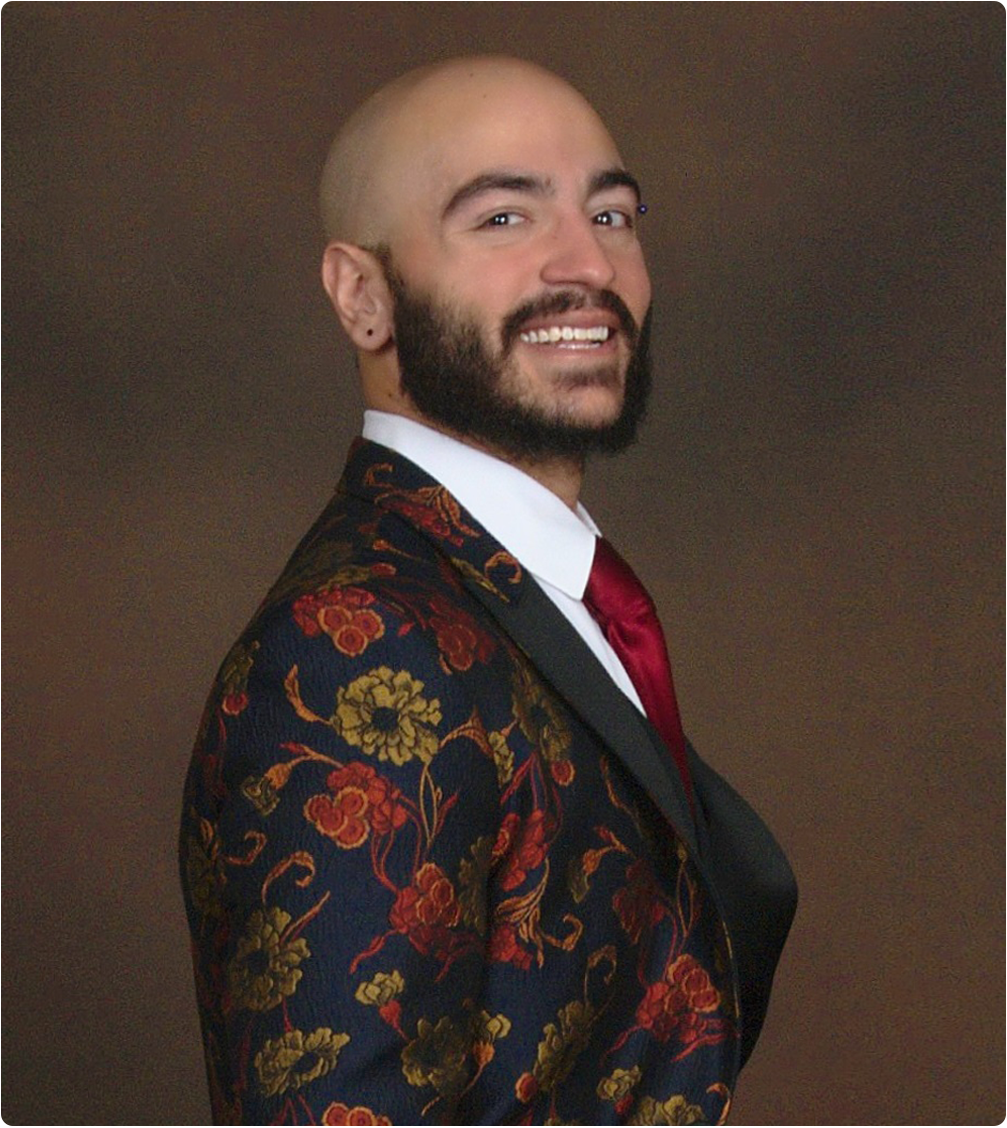

How to Write an Edited Book Proposal (Part 1)
Learning Objectives
Upon completion of this comprehensive and engaging course, you will be able to:
- Strategically prepare each section of an edited academic book proposal for acceptance by a major publisher
- Write each of the 16 standard components of an edited academic book proposal
- Prepare 5 publisher-specific components of edited academic book proposals
- Identify the intended readership verticals and customer base for your edited academic book
- Conduct an effective competitive market analysis for your edited academic book
- Estimate the first draft, final draft, and publisher delivery dates for your edited academic book
- Select preferred reviewers for your edited academic book proposal
- Write compelling co-editor biographies for your edited academic book proposal
- Prepare a back cover summary for your edited academic book proposal
Instructor

Jay Phoenix Singh, PhD, PhD is a Fulbright Scholar and the internationally award-winning Executive Director of Publication Academy. Author of over 85 peer-reviewed articles and book chapters (average 400+ citations/year since 2010) as well as 4 books (published by Routledge, Wiley, Sage, and Oxford University Press), he completed his graduate doctoral studies in psychiatry at the University of Oxford and clinical psychology at Universität Konstanz. He was named the youngest tenured Full Professor in Norway in 2014 before accepting faculty appointments at the University of Cambridge as well as the University of Pennsylvania. Since this time, he has become the only psychology professor to have lectured for all eight Ivy League universities (Harvard, Yale, Princeton, Columbia, Cornell, Brown, Dartmouth, UPenn) as well as both Oxford and Cambridge. Dr. Singh has provided keynote speeches at leading academic conferences on six continents, and his work has been featured in leading newspapers such as The Washington Post and magazines such as People. He has been the recipient of awards from organizations including the American Psychological Association, the Royal College of Psychiatrists, the Society for Research in Child Development, the Society for Research in Adolescence, the American Board of Forensic Psychology, the American Psychology-Law Society, and the European Congress on Violence in Clinical Psychiatry.

